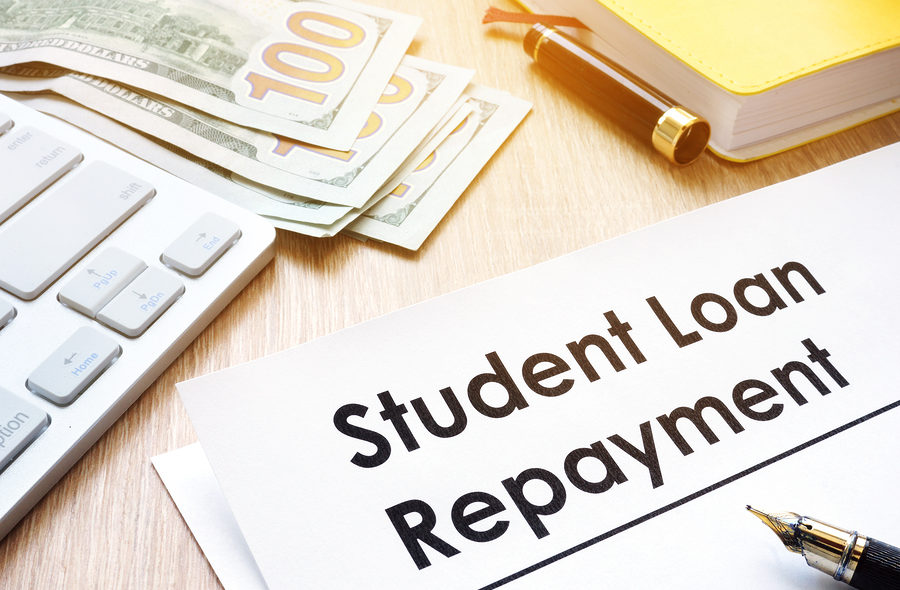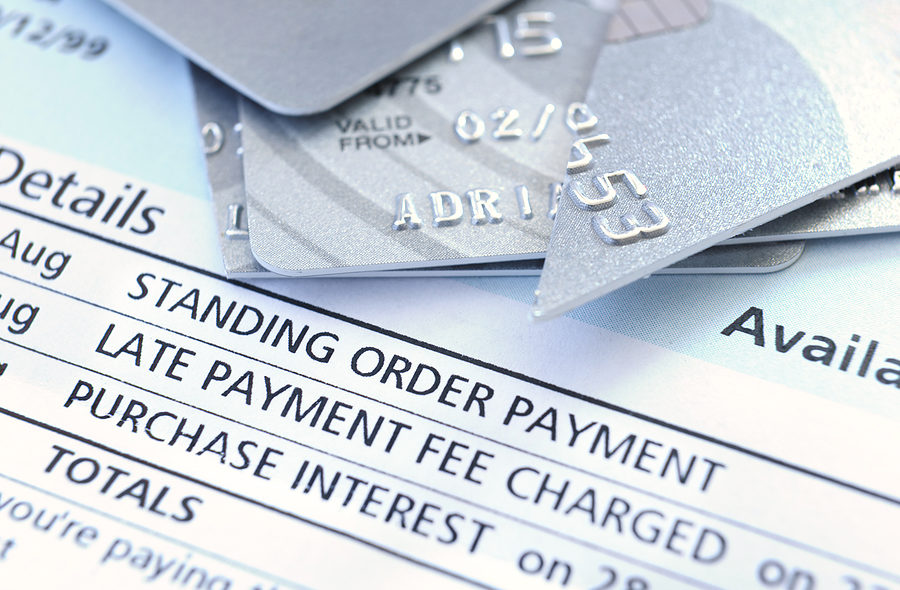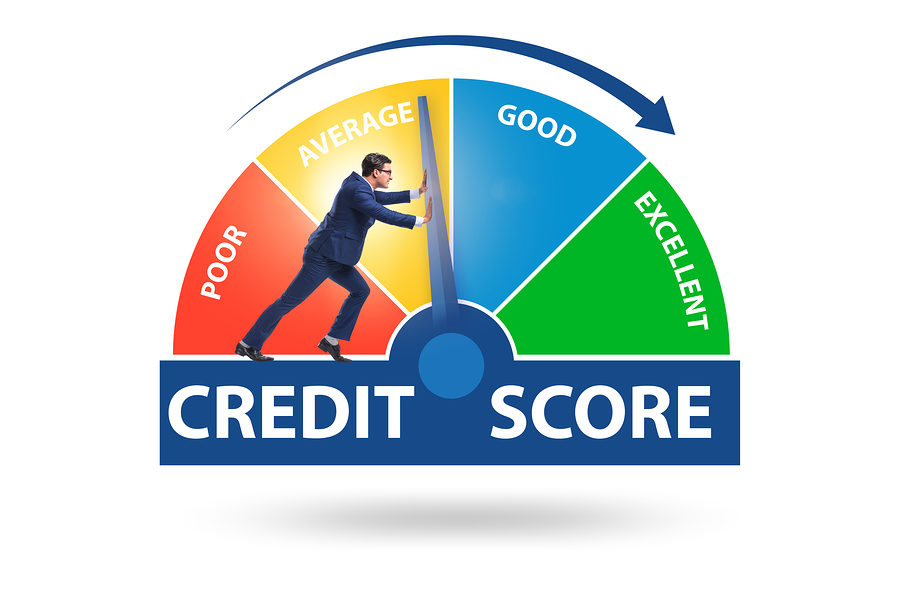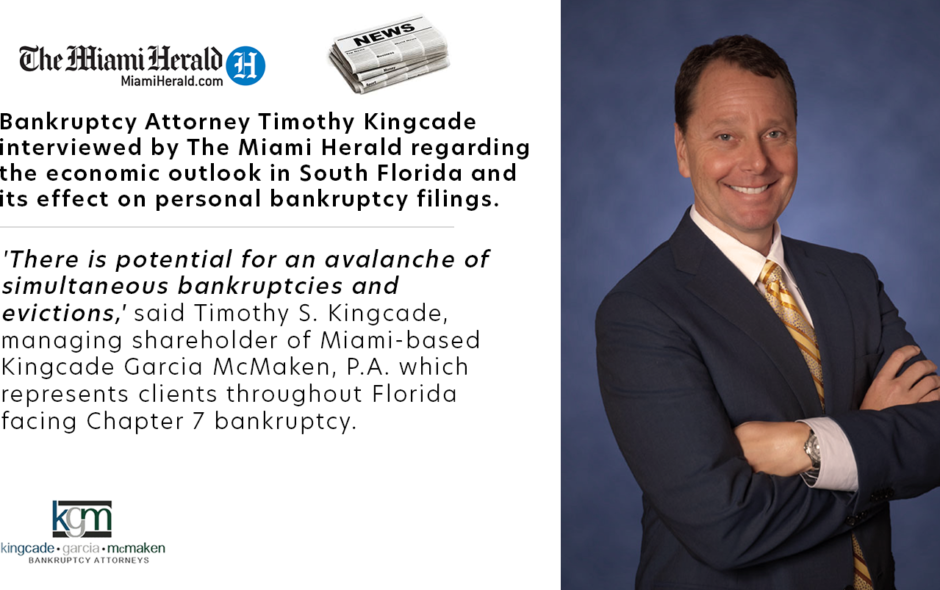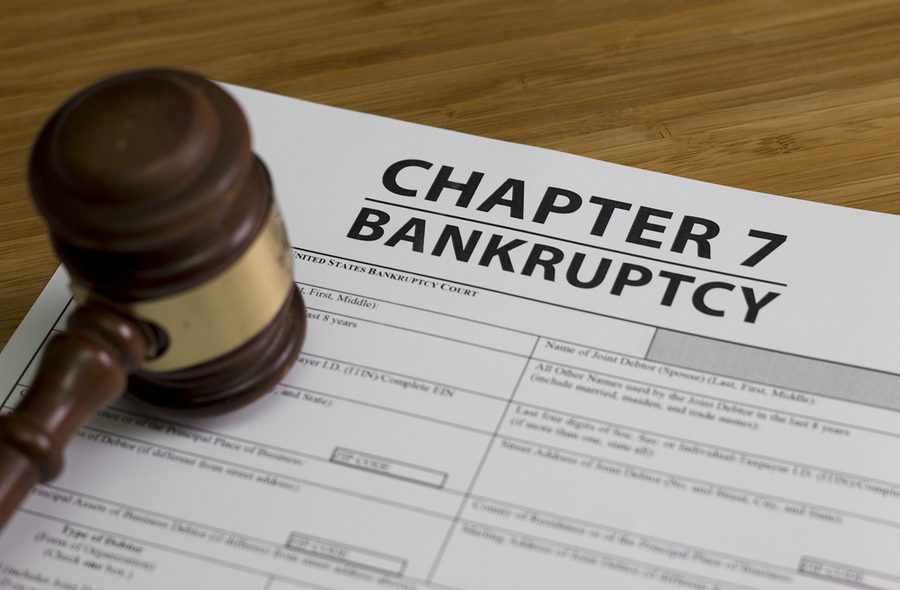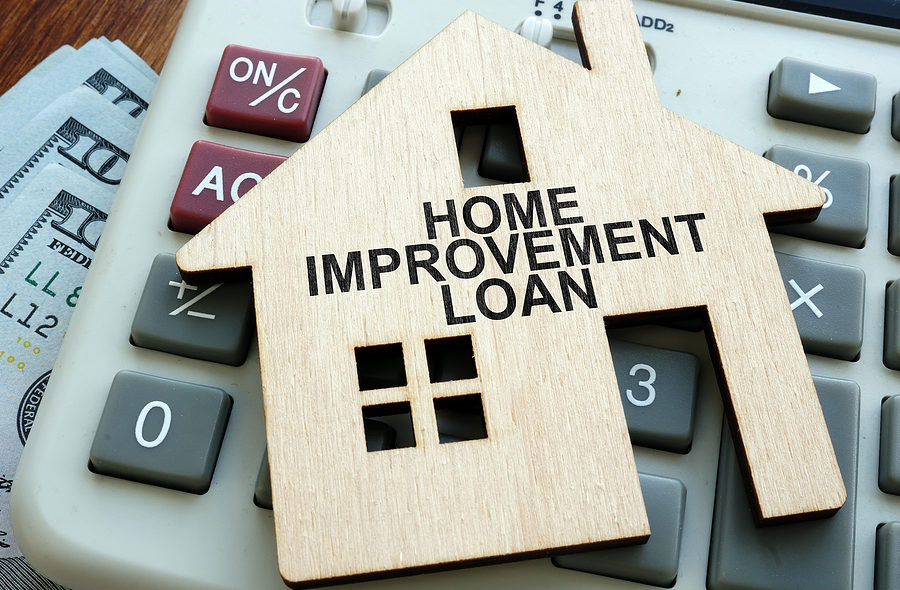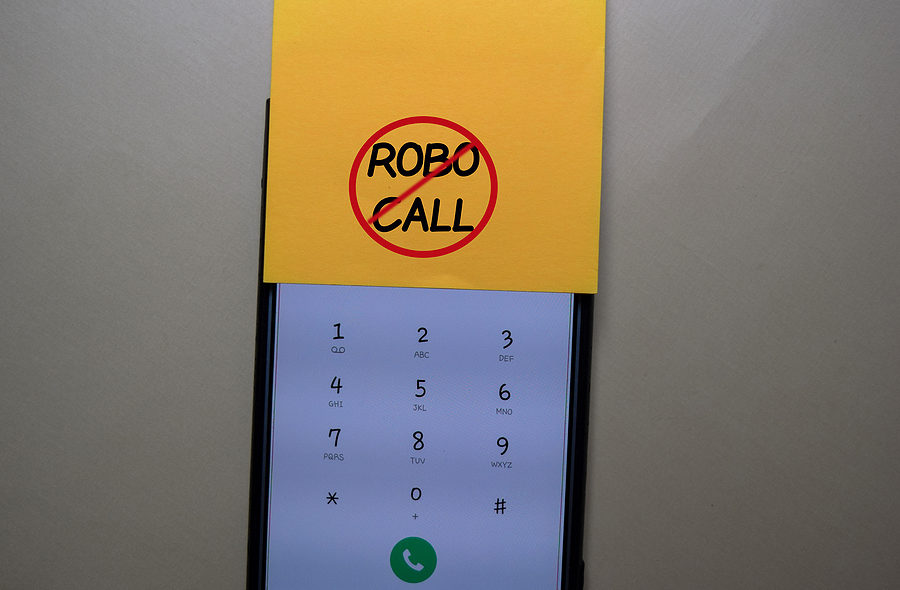Student loan debt has become a hot topic in Congress and on the 2020 presidential campaign. The current COVID-19 crisis further highlighted the issue, which has student loan experts anticipating several potential changes when it comes to student loan debt.
Temporary Pause for Payments
One of the more immediate changes comes with the federal stimulus package, the Coronavirus Aid, Relief, & Economic Security Act (CARES Act). This $2.2 trillion stimulus bill offered many different benefits, one of them being a pause for all payments due on federal student loans. This temporary stop is set to last through September 30, 2020. In addition, interest will not accrue on outstanding federal student loans during this period. However, this coverage only includes loans serviced directly by the federal government and not by private providers. If borrowers have loans that were originally federal but later consolidated through a private entity, no immediate pause will occur on these debts. This fact has not stopped many states from working out arrangements with student loan servicers to include private student loans in the temporary relief. Given the fact that the COVID-19 pandemic seems to be holding on, this forbearance period could potentially extend beyond September 30, 2020. The Heroes Act has already included a provision to extend the forbearance by one year, but it is not decided yet whether the extension will occur.

